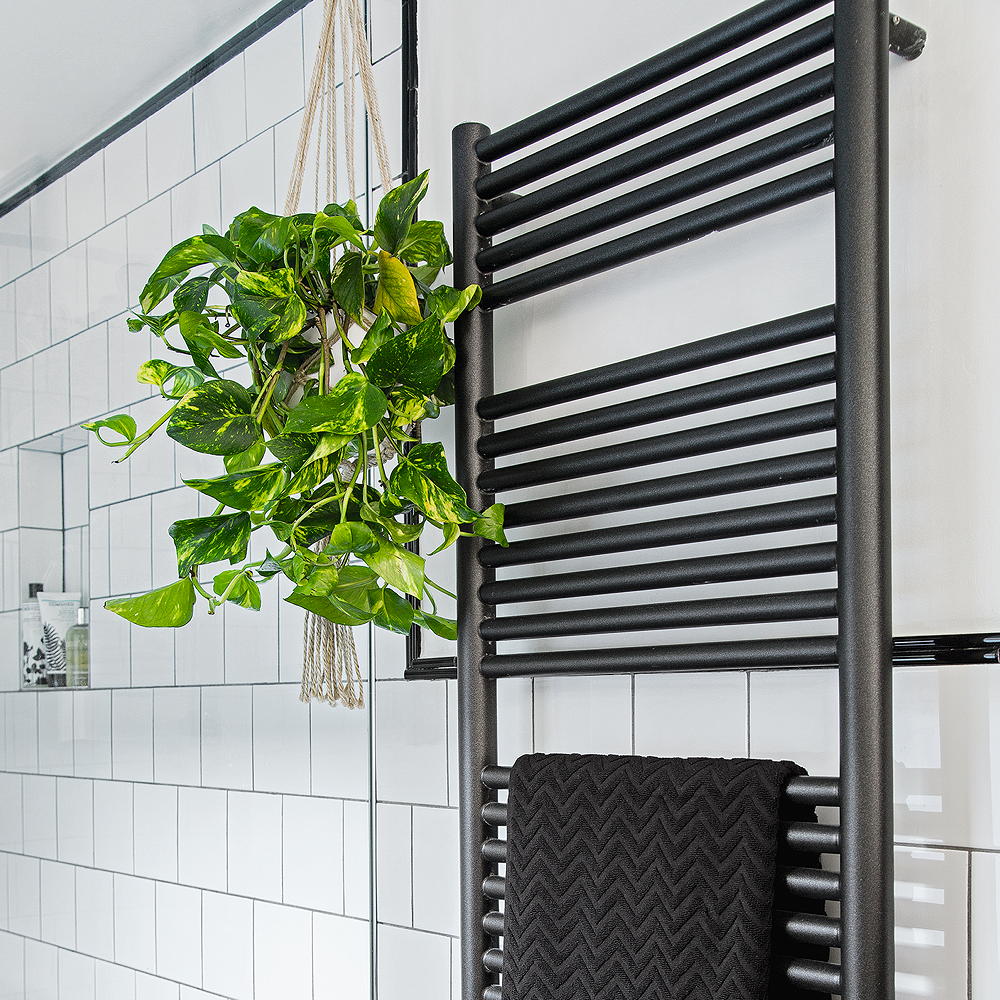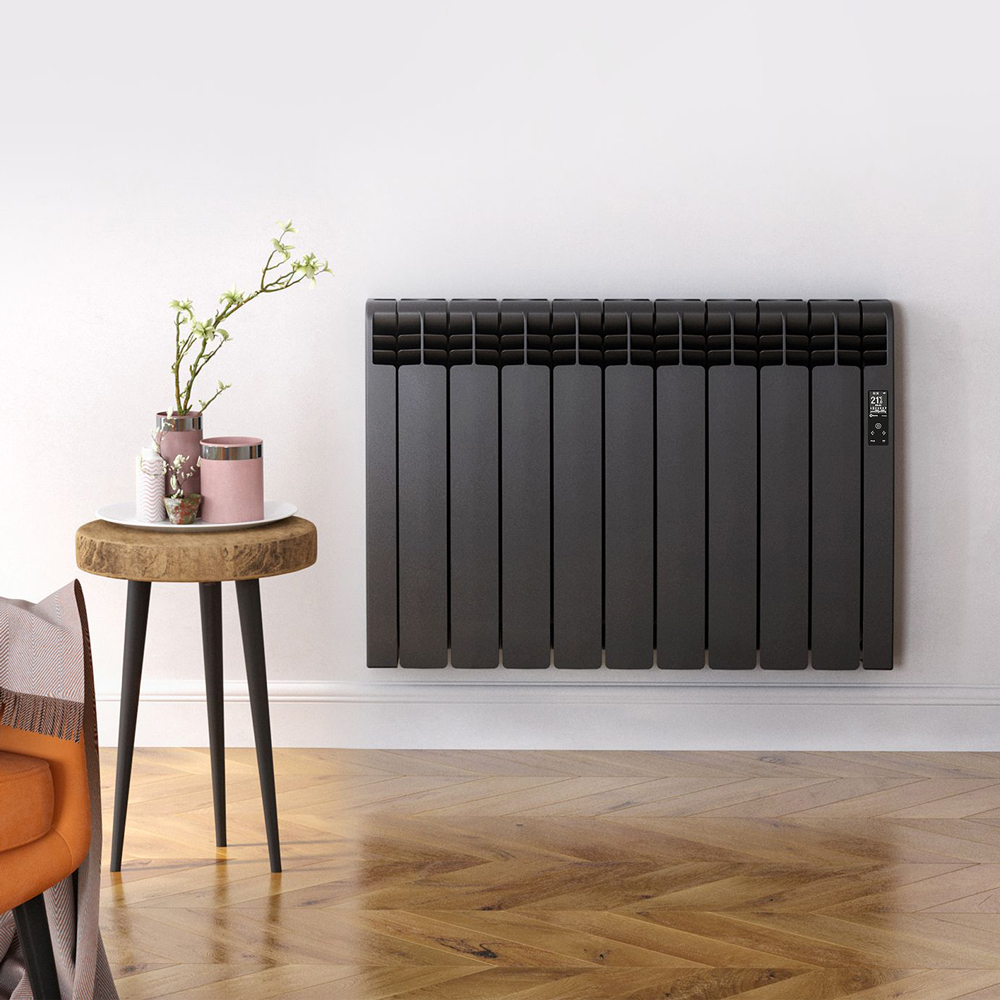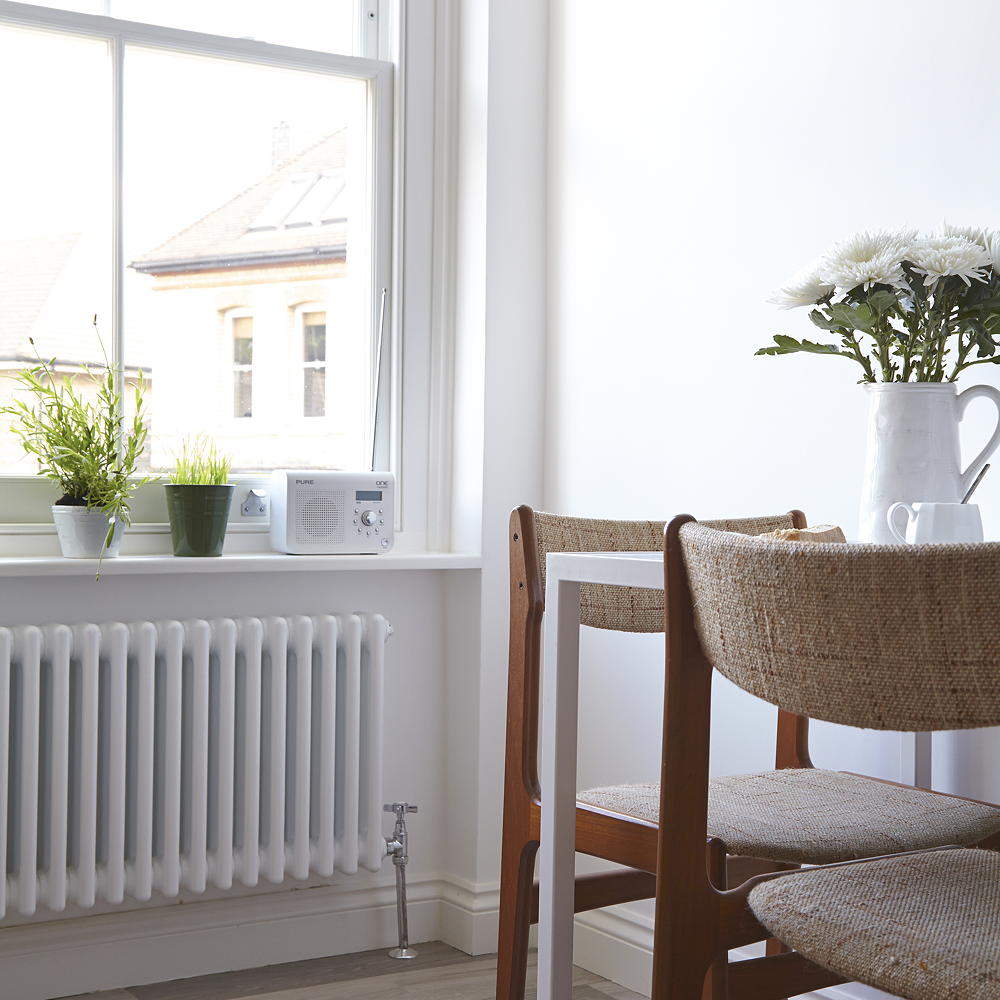Gas boilers could be banned from 2025 - what does this mean for energy bills and the environment?
Is an electric boiler the answer to the environmental crisis – and your high energy bills? Here's what experts think
Sign up to our newsletter for style inspiration, real homes, project and garden advice and shopping know-how
You are now subscribed
Your newsletter sign-up was successful
The International Energy Agency has announced that gas boilers should be banned from sale from 2025 to help save the planet from climate change.
Our project planning channel covers all the latest eco-friendly heating for your home
According to the IEA, the energy sector accounts for around 75 per cent of greenhouse emissions around the world, so it makes sense to stop using natural gas boilers. The question is, is the alternative – the electric boiler – more environmentally friendly, and how would installing an electric boiler affect us?
Will electric boilers save on energy bills?
In the long run, heating your home from ground heat pumps is more efficient, which will save you money. '100% of the electricity you use and pay for directly converts into heat and therefore lowers consumption, as you don’t need to use as much to heat the home,' says Antonio Dengra, CEO at leading electric heating company Rointe.
'You can also have more control over usage as there’s the option to control each heating device individually, which in turn helps to minimize expensive bills.'

The issue is the initial cost of installing heat pumps, which ranges between £6,000 and £18,000 depending on the individual home. A high level of home insulation is also essential to make them worth the effort, which won't be possible everywhere.
Of course, retrofitting electric heating systems in homes that are currently heated by gas will be a massive logistical and financial challenge. All of these steps will require substantial government subsidies. As Roger points out, 'the great task of shifting heating from gas will be expensive and difficult'.
Sign up to our newsletter for style inspiration, real homes, project and garden advice and shopping know-how
Will electric boilers help the environment?

The answer to this question is that it will very much depend on how we produce the electricity to power said boilers. If we use electricity from renewable sources such as wind, solar, and ground heat, then yes, switching to electric heating absolutely can help us achieve the net-zero carbon targets necessary to prevent dangerous global temperature increases by Mid-century.
'Heat pumps offer the same heating potential as gas boilers, except they’re powered by low-carbon electricity,' explains Antonio Dengra. 'They deliver around 25-85 per cent CO2 savings per home over a 60-year lifetime. To put this into perspective, using heat pumps would mean a 90% reduction in lifetime carbon emissions.'
This is impressive. However, environmental scientists are deeply worried by proposals to generate electricity via the burning of biofuel, which would mean burning wood and using even more land for energy crops. Hannah Mowat from Fern, a Brussels-based NGO that aims to protect forests, is worried about the impact on forests.
'Burning forests for energy is the latest in a parade of false climate solutions. Instead of burning trees for energy, we should focus on cutting fossil fuel use, maximising energy efficiency and increasing renewables such as solar, wind, heat pumps and geothermal.'

As Roger Harrabin, Environment Analyst from the BBC, puts it, the 'route to net-zero will require massive investments and international co-operation on an unprecedented scale.' For example, 'the world will need to install four times the amount of wind and solar panel energy than it did in 2020.'
Related: Installing a new boiler will add value to a home – you’ll be impressed by how much
Having said all of this, if these challenges are overcome, and if the majority of electric boilers in the UK are powered by renewable energy, the benefits to both the environment and our energy bills will far outweigh any initial inconvenience of turning away from gas heating.
Anna Cottrell is Consumer Editor across Future's home brands. She moved to the world of interiors from academic research in the field of English Literature and photography. She is the author of London Writing of the 1930s and has a passion for contemporary home decor and gardening.